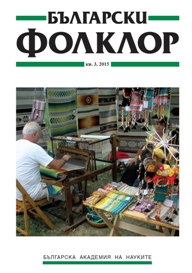
We kindly inform you that, as long as the subject affiliation of our 300.000+ articles is in progress, you might get unsufficient or no results on your third level or second level search. In this case, please broaden your search criteria.

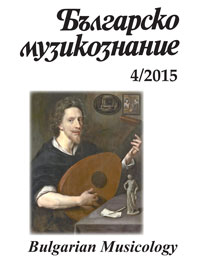
The 11th Congress of South- East European Studies (XIe Congrès d’études du Sud-Est européen, http:// balkanstudies.bg/congress2015/en/2- uncategorised.html) was held on 31 August – 4 September 2015 in Sofia, mounted mainly by the International Association of South-East European Studies (AIESEE), a large authoritative organisation founded in 1963 and enjoying all along moral and financial support granted by UNESCO. The event was hosted by the Bulgarian Academy of Sciences and particularly, by the Institute of Balkan Studies and Centre of Thracology. Over 250 leading scholars from 26 countries, experts in economics, politics, defence, history, culture, arts, media, etc., arrived in Sofia. The musicological session was organized in cooperation with the International Musicological Society as the Sixth International Conference of the Regional Association for the Study of Music in the Balkans. A total of 25 presentations by 29 participants from 19 countries (Albania, Austria, Azerbaijan, Bulgaria, Croatia, Cyprus, Greece, Georgia, Germany, Hong Kong, Italy, Macedonia, Romania, Russia, Serbia, Switzerland, Turkey, UK, US) were selected to be made at the international musicological event. The- matically, the presentations were grouped in five panels and a roundtable; moderators: Cor. Mem. Prof. Svetlana Kuyumdzhieva, DSc and Prof. Dr Tilman Seebass in cooperation with Mirjana Veselinović-Hofman, Velika Stojkova-Serafimovska, Maria Alexandru, Stefan Harkov, Katy Romanou, Francis-Nectarios Guy, Tatjana Marković, Evanthia Nika-Sampson. The Conference decided upon founding an academic journal, Studies Musicologica Balcanica with the support of and applying the standards of the International Musicological Society. The next, Seventh International Conference of the Regional Association for the Study of Music in the Balkans, was slated for 2017 to be held in Nicosia, Cyprus.
More...
Tchaikovsky Moscow State Conservatory hosted the Second Congress of the Music Theory Society 26–29 September 2015. This year the biennial themed Schools and Trends in Musicology, Composition and Performing Art was occasioned by the 150th anniversary of Moscow P.I. Tchaikovsky Conservatory. It was held in 16 sections (http://www.mosconsv. ru/upload/images/Documents/Events/ program_congress_2015_eng.pdf). Some of the most intriguing papers delivered at the conference were as follows: Natalia Plotnikova (Moscow P.I. Tchaikovsky Conservatory): The Counterpoint of the Russian Baroque: Present-Day Problems of Study; Valentina Kholopova (Moscow P.I. Tchaikovsky Conservatory): Boris Asafiev: Innovations for Centuries to Come; Konstantin Zenkin (Moscow P.I. Tchaikovsky Conservatory): Concerning the Problems and the Semantic Potential of the Concept of ‘Intonation’; Vyacheslav Medushevsky (Moscow P.I. Tchaikovsky Conservatory): The Neuro-Semiotic Aspect of Musical Intonation; Simon Perry (SchoolofMusic,UniversityofQueensland, Australia): Notation, Enharmonicism and ‘Musical-Dramaturgy’ in Musorgsky’s Boris Godunov; David Haas (Hodgson School of Music, University of Georgia, USA): Devices from Bruckner: Toward an Understanding of Their Significance for Shostakovich’s Symphonies. Two traditions clashed in the discussion on Riemann and Schenker in Various National Traditions: the Russian school with their functional theory of traditions, school and trends and that of the American school of music theory, based on Schenker’s works. Most of those involved in the discussion are members of the IMS (International Musicological Society), where such a discussion is also led in absentia, through exchange of articles for instance. Ivan K. Yanakiev, a full-time PhD student at the Institute of Art Studies, BAS, Sofia delivered a paper in the Section of Students and Post-Graduate Students on Concerning the Question of Unequal Temperaments in the 20th Century: the Theory of Maria Renold, part of his doctoral thesis.
More...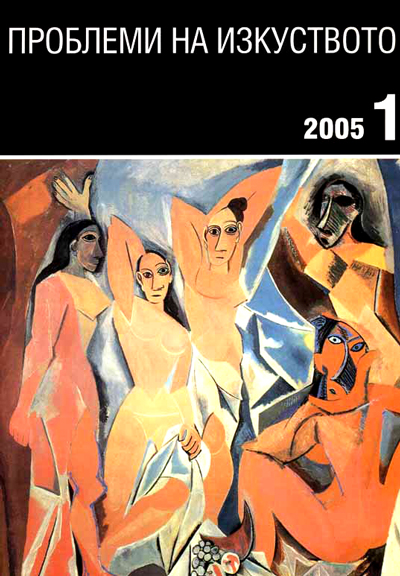
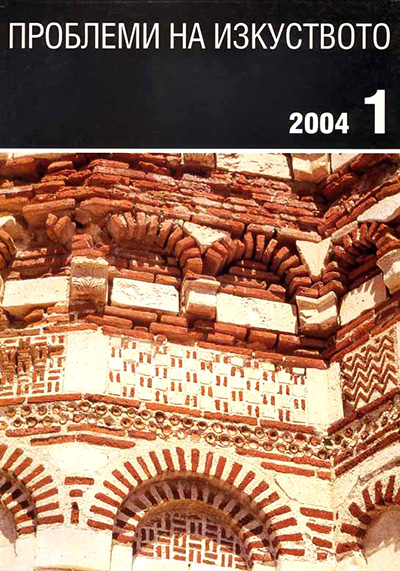
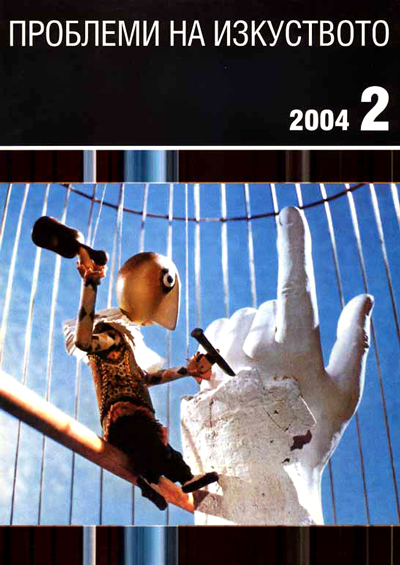





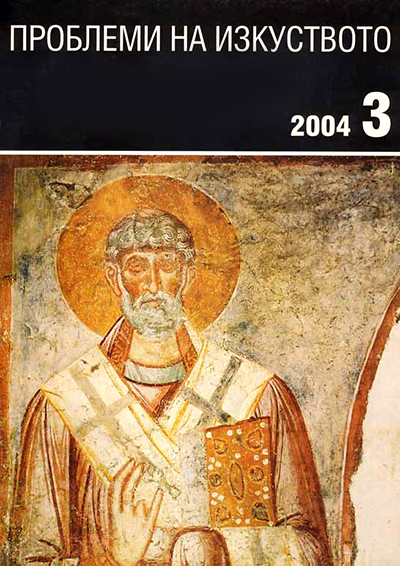
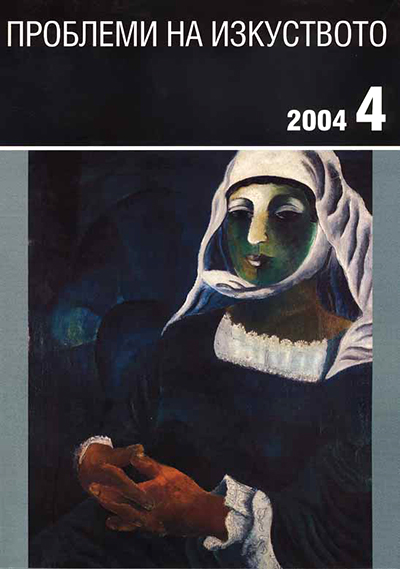
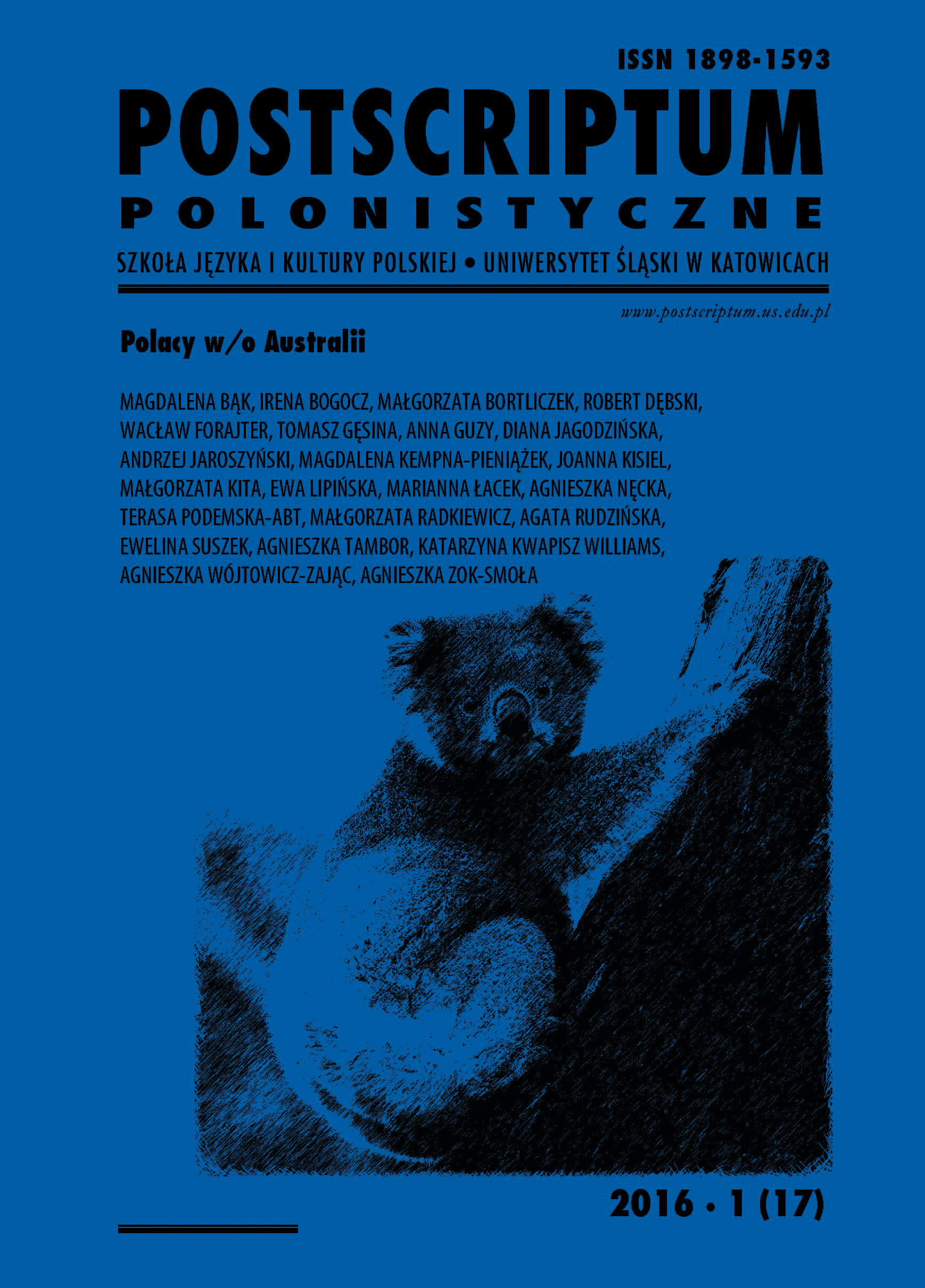



The article presents the summary of the 2015 season of Polish filmmaking. All movies mentioned in the article are chosen and described according to that which would be interesting for a foreigner or a person who studies Polish as a foreign language. The following films are described here: “Król życia”, “Chemia”, “Obce niebo”, “Demon”, “Klub włóczykijów”, „Panie Dulskie”, „Disco polo”, „Listy do M. 2”, „Moje córki krowy”, „Mur”.
More...
The article presents the most important and the most interesting prose and poetry publications that appeared in 2015. Last year was marked by a dominance of well-known authors (such as Janusz Anderman, Sylwia Chutnik, Michał Witkowski, Łukasz Orbitowski, Andrzej Sosnowski, Krzysztof Varga, Zenon Fajfer, Marta Podgórnik, Tadeusz Pióro, Marcin Świetlicki) and proved that books that consider identity problems can gain positive readers’ response.
More...
